
Kód: 16348238
Language as Part of Intercultural Competence. Modern Languages and their Importance
Autor Markus Giesecke
Research Paper (postgraduate) from the year 2016 in the subject Communications - Intercultural Communication, grade: 2,3, University of applied Sciences Regensburg, course: Language and Intercultural Competence, language: English, ... celý popis
- Jazyk:
 Angličtina
Angličtina - Vazba: Brožovaná
- Počet stran: 36
Nakladatelství: Grin Publishing, 2017
- Více informací o knize

Mohlo by se vám také líbit
Darujte tuto knihu ještě dnes
- Objednejte knihu a zvolte Zaslat jako dárek.
- Obratem obdržíte darovací poukaz na knihu, který můžete ihned předat obdarovanému.
- Knihu zašleme na adresu obdarovaného, o nic se nestaráte.
Více informací o knize Language as Part of Intercultural Competence. Modern Languages and their Importance
Nákupem získáte 112 bodů
 Anotace knihy
Anotace knihy
Research Paper (postgraduate) from the year 2016 in the subject Communications - Intercultural Communication, grade: 2,3, University of applied Sciences Regensburg, course: Language and Intercultural Competence, language: English, abstract: Language, or communication, in a broader sense, is just a part of culture but a very important one because a shared language allows members of different cultures to express themselves and communicate with each other. Just as norms, expectations and behaviour, language vary across cultures, and it can change and evolve in the course of time for several reasons, e.g. new needs of the speakers of a language, technological progress, new products, just to mention a few. The origins of human language have been discussed as a topic for centuries and there is no consensus as to when it really began. Noam Chomsky, an American linguist and often referred to as the "father of modern linguistics", states that it has been an evolutionary process that still goes on today because he speaks of a so-called Language Faculty as a special component of the human brain which is specifically dedicated to language and required for language acquisition. Michael Corballis, emeritus professor at the Department of Psychology at the University of Auckland, is challenging Chomsky's theory as he argues in his book "The Truth about Language" that gesture was crucial to the development of speech instead of a single mutation in a single human. He states that we share that ability with other animals and his idea is supported by investigations of sign languages developed by deaf children who start to babble with their hands just as hearing children do with their mouths. Languages are constantly changing and this makes it difficult to count the exact number of living languages existing in the world today. Another problem could be the definition of a language because there is a difference between a language and a dialect, or between a language and a macrolanguage. For that reason, the International Organization for Standardization (ISO) has set international standards toward comprehensive coverage of languages and language groups in the ISO 639 series. The language codes are used in the Ethnologue, a catalog of living languages published by SIL International, which is the registration authority for ISO 639-3. According to Ethnologue (19th edition), there are 7,097 living languages in the world.
 Parametry knihy
Parametry knihy
Zařazení knihy Knihy v angličtině Reference, information & interdisciplinary subjects Interdisciplinary studies Communication studies
1121 Kč
- Plný název: Language as Part of Intercultural Competence. Modern Languages and their Importance
- Autor: Markus Giesecke
- Jazyk:
 Angličtina
Angličtina - Vazba: Brožovaná
- Počet stran: 36
- EAN: 9783668432147
- ISBN: 3668432147
- ID: 16348238
- Nakladatelství: Grin Publishing
- Hmotnost: 66 g
- Rozměry: 210 × 148 × 2 mm
- Rok vydání: 2017
Oblíbené z jiného soudku
-
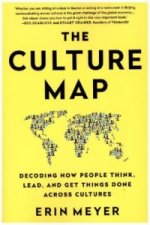
The Culture Map
389 Kč -

Nonviolent Communication: A Language of Life
442 Kč -

Communication Book
306 Kč -

Hand
454 Kč -
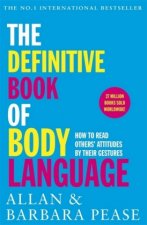
The Definitive Book of Body Language
306 Kč -
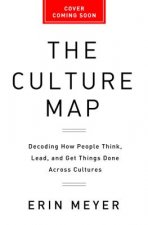
The Culture Map
559 Kč -
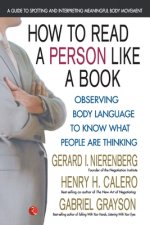
How to Read a Person Like a Book
498 Kč -

Fierce Conversations
410 Kč -

Kittler and the Media
760 Kč -

Castells and the Media
609 Kč -

New Rules of Marketing & PR: How to Use Conten t Marketing, Podcasting, Social Media, AI, Live Vi deo, and Newsjacking to Reach Buyers Directly
552 Kč -

Revolutions in Communication
1150 Kč -
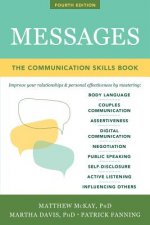
Messages
500 Kč -

Impossible to Ignore: Creating Memorable Content to Influence Decisions
549 Kč -

Nonviolent Commun Comp Workbook
523 Kč -

Ideology and Modern Culture - Critical Social Theory in the Era of Mass Communication
592 Kč -

Public Service Media in Europe: A Comparative Approach
1626 Kč -

Introduction to Communication Studies
882 Kč -
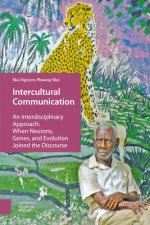
Intercultural Communication
910 Kč -

Internal Communications
576 Kč -

Athanasius Kircher
1415 Kč -

Social Media
958 Kč -

Social Media
1441 Kč -

All About Language
894 Kč -

Leadership Without Easy Answers
1250 Kč -

Viral Marketing
717 Kč -

Creative Industries
1265 Kč -

Book Of Tells
358 Kč -
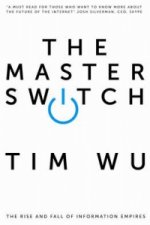
Master Switch
303 Kč -

Communication Power
673 Kč -

Decoding Advertisements
485 Kč -

Gutenberg Galaxy
1136 Kč -
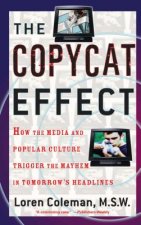
Copycat Effect
482 Kč -

Qualitative Research Methods - Collecting Evidence Crafting Analysis, Communicating Impact 2e
1893 Kč -

Selections from Science and Sanity, Second Edition
1104 Kč -

On Dialogue
806 Kč -

Techniques of Close Reading
3935 Kč -
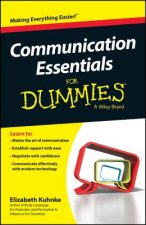
Communication Essentials For Dummies
290 Kč -
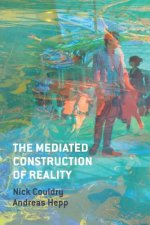
Mediated Construction of Reality
650 Kč -

Body Language Bible
410 Kč -
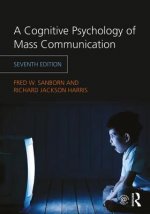
Cognitive Psychology of Mass Communication
2511 Kč -

Interpersonal Communication Book, Global Edition
836 Kč -

Crowdsourcing
409 Kč -
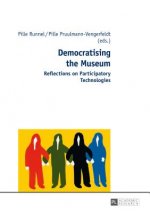
Democratising the Museum
2846 Kč -
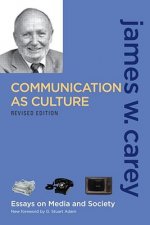
Communication as Culture, Revised Edition
1494 Kč -

Social Media and Everyday Politics
751 Kč -

Technology, Society and Inequality
1617 Kč -

Creating Intelligent Content with Lightweight DITA
1702 Kč -

Health Writer's Handbook Second Edition
2459 Kč
Osobní odběr Praha, Brno a 12903 dalších
Copyright ©2008-24 nejlevnejsi-knihy.cz Všechna práva vyhrazenaSoukromíCookies







 Vrácení do měsíce
Vrácení do měsíce 571 999 099 (8-15.30h)
571 999 099 (8-15.30h)